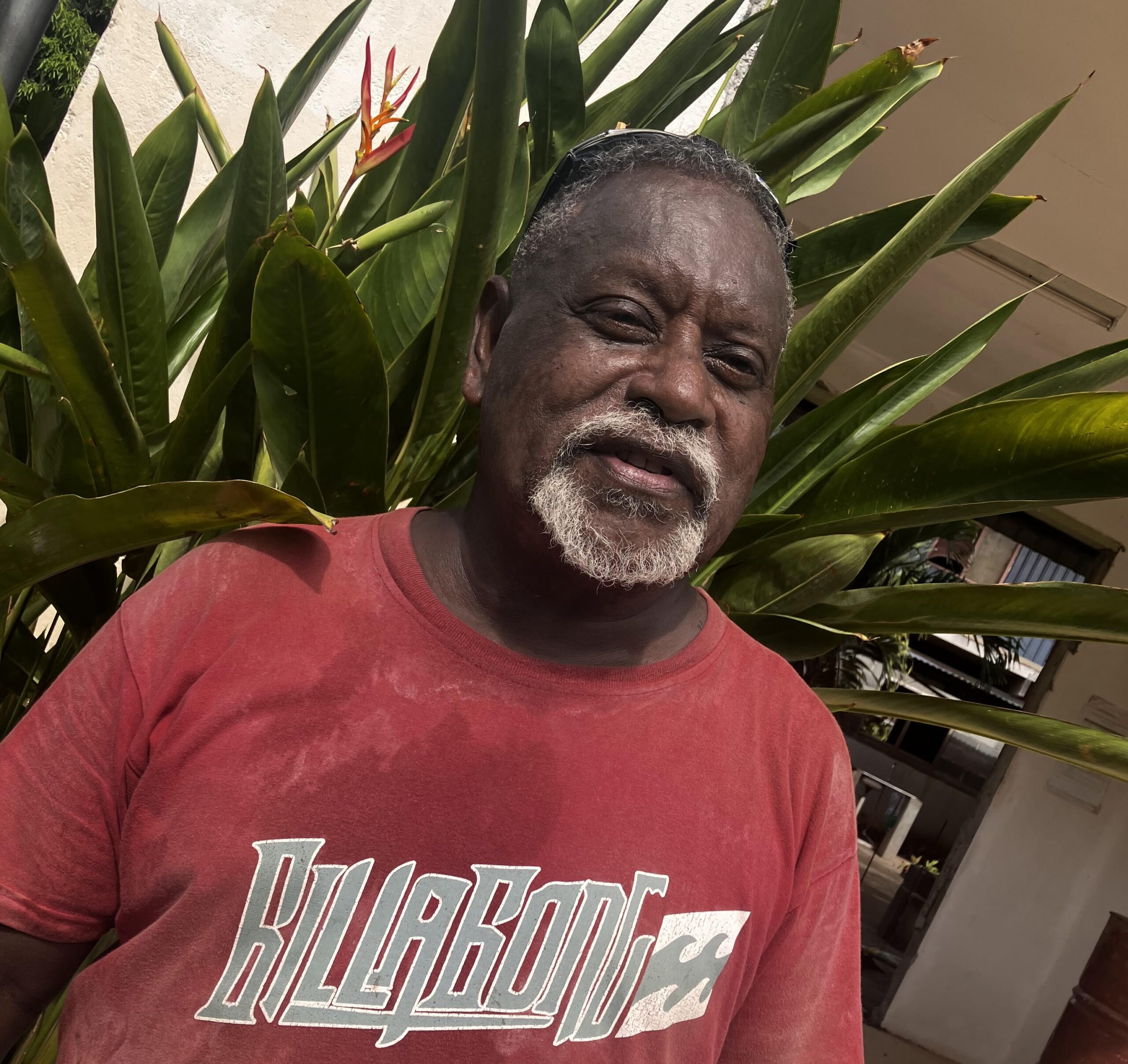
By Ofani Eremae
A Solomon Islands consultant says his engagement to evaluate the controversial COVID-19 Economic Stimulus Package (ESP) does not amount to “conflict of interest”.
Dr Richard Pauku, who runs a small family company called Maraghoto Holdings Company Ltd, was responding to Auditor General David Dennis’ audit report released last week on the ESP.
“I don’t see any conflict of interests in my engagement,” Pauku told In-depth Solomons this afternoon at his property at Lungga, east of Honiara.
“The auditor general may see it that way, but to me there’s no conflict of interest at all,” he added.
Pauku was a member of the ESP Technical Committee – a body set up to assess applications before recommending them to the ESP Oversight Committee for final approval.
His family company, Maraghoto Holdings, applied and received $200,000. Later, the ESP Oversight Committee engaged him to evaluate the ESP.
He also received rent relief payment under ESP from a tenant who was leasing a pub located within Pauku’s property at Lungga.
In total, the audit report said Pauku received more than half a million dollars from ESP.
“Our concern is that the evaluation of the ESP was undertaken by a consultant who was a member of the technical committee, and who also received money from the ESP,” the audit report said.
“Money received included payment for service as a consultant to the technical committee and running the evaluation program, a grant for an agriculture business owned, and also rent relief for a tenant,” the report added.
“It is difficult to see how someone who received over half a million dollars from the ESP could be perceived as a suitably independent person to evaluate the ESP.”
Pauku does not deny receiving an ESP grant. He also does not deny being a member of the technical committee, and receiving rent relief payment.
On his engagement to evaluate the ESP, he said the appointment came from the ESP Oversight Committee.
“I think what needs to be understood here is that the ESP grant was paid to my company,” Pauku said.
“My engagement to evaluate the ESP was made in my personal and professional capacity as a local consultant.
“So these are two separate matters. This is why I don’t see any conflict of interest in this,” he insisted.
Furthermore, he said the evaluation exercise was co-funded by the Asian Development Bank (ADB) and the Solomon Islands Government.
“So in actual fact, I was paid by the ADB and worked with the lead consultant hired by ADB and was based in Australia.”
Asked to summarize the findings from the evaluation, Pauku said it would be good to read the reports to better understand their conclusion.
The Audit Report said 10 separate evaluation reports on the ESP were produced, but none was made public.
“We understand the reports have been provided to each Member of Parliament but have not been formally tabled in parliament,” the audit report said.
ADB, who co-funded the evaluation exercise, confirmed 10 reports were produced.
But a spokesperson said the reports were the properties of Solomon Islands Government, and ADB does not have the permission to release them publicly.
Pauku obtained his PhD from James Cook University in Australia, in 2005. His speciality is in the domestication of fruits and nuts.
His family-owned business works closely with rural communities to commercialise the production of ngali nut and other indigenous nuts and fruits such as beach almond, cut-nut, Tahitian chestnut and breadfruit.
He said his business is currently on pause as they wait for the ngali nut season.
Auditor General Dennis said during their audit, they found major fraud risk, poor to non-existent administrative controls and almost zero transparency in the disbursement of $309 million in government funds.
“The ESP lacked underlying legislative or procedure guidance for issuing grants on the scale involved for the ESP,” Dennis said.
“This coupled with the allocation of insufficient resources needed to adequately receive, process, pay and document the thousands of applications, led to weak internal controls,” he added.
“This weakness in administrative controls, combined with missing documentation led to a very serious lack of transparency as to how ESP funds were disbursed and ultimately used.
“In most cases there was little or no documentation so it was not always possible to determine whose hands the funds ended up in or how they were actually used.”
